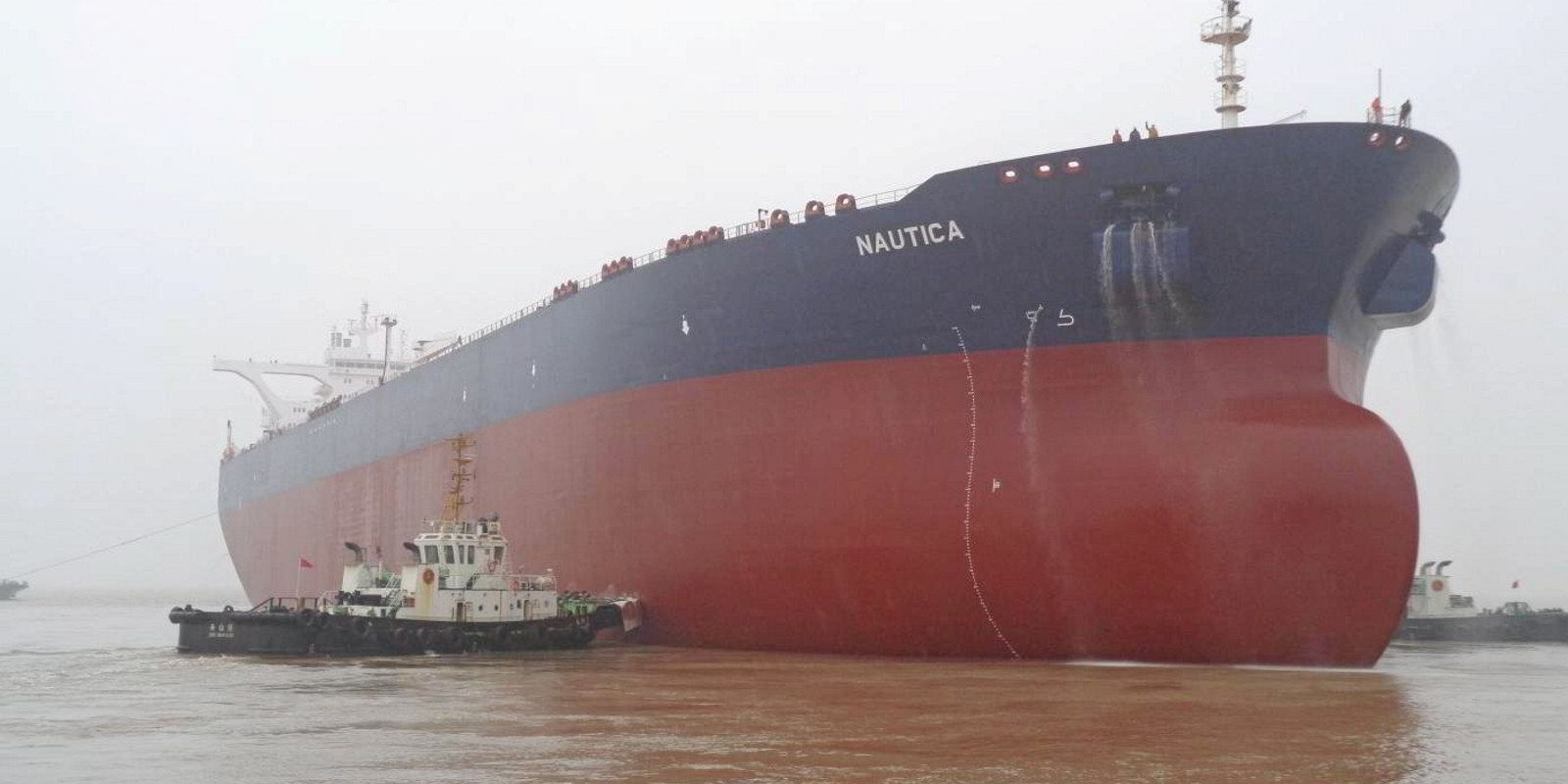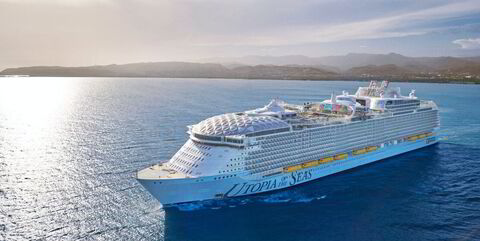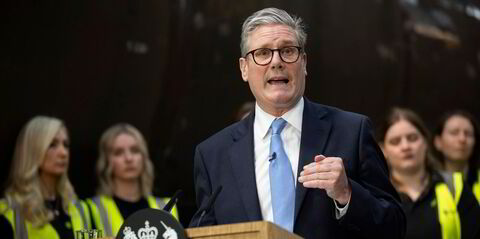In May 2018, IR Concilium managing director Rohini Ralby started hearing things from Yemen, where she had developed sources as part of her security consultancy’s study into oil theft.
What she heard was not about theft but an environmental catastrophe waiting to happen: a tanker that had been converted into a floating storage and offloading unit (FSO) was in disrepair, loaded with more than 1m barrels of oil and sitting abandoned in a war zone.
“We started looking into it and realised that there was a real potential concern for not only the marine environment, but for a whole array of different issues that could fall out from a catastrophic spill,” said Ian Ralby, who is CEO of IR Concilium and Rohini Ralby’s son.

Five years later, Ian Ralby is still worried about the 406,600-dwt FSO Safer (built 1976), often described as a floating time bomb, even though the United Nations is mounting an operation to prevent a catastrophic oil spill.
Even though no one knows when or whether the time bomb will go off, if it does it could lead to a massive oil spill in a region where economies, food supply and even drinking water produced in desalination plants depend on the sea.
“The number of human lives that could be affected if nothing is done is overwhelming,” Ralby said. “We’re not talking about just a marine environmental issue. We’re talking about taking away drinking supplies for millions of people.”
David Gressly, the resident humanitarian coordinator for the UN in Yemen who has been working to tackle the Safer situation since 2021, said there remains an imminent risk of an explosion or of the vessel breaking apart and spilling its 1m barrels of oil, which would be four times the size of the Exxon Valdez spill.
He said the ship’s inert gas system, which helps ensure there is insufficient oxygen in the tanks to fuel an explosion, does not work.
Offline for years
“Those systems broke down several years ago. So it’s possible that it could explode at any moment with an inadvertent spark on board,” he said.
The single-hull tanker could also suffer leaks that cause it to destabilise and capsize, a situation that its small crew averted on one occasion when the engine room flooded.
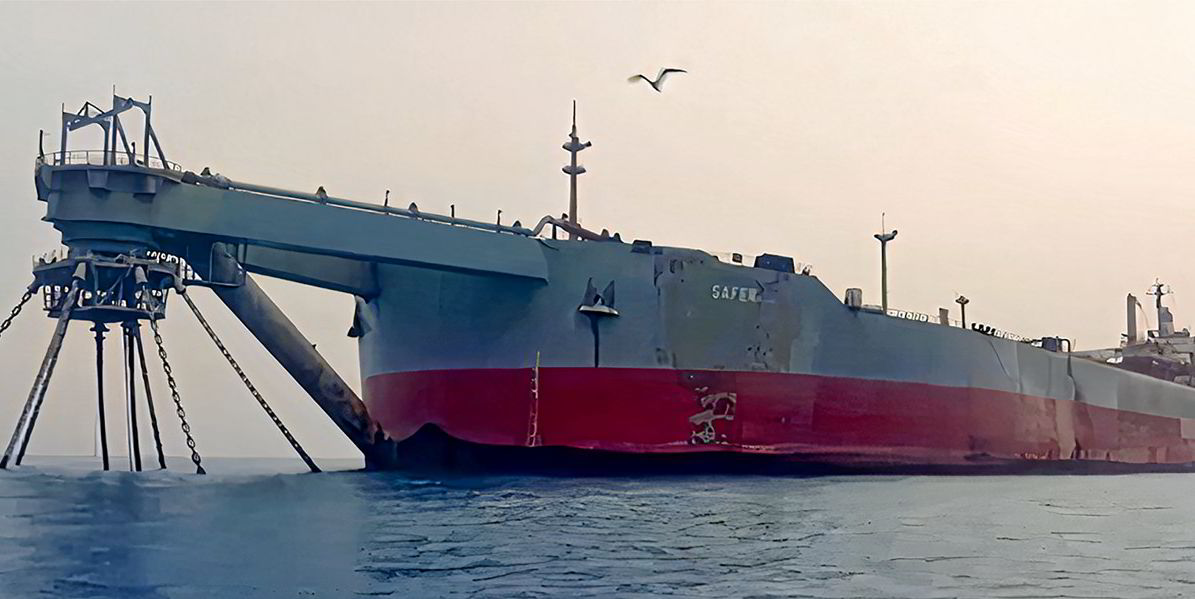
But as TradeWinds has reported, the UN has purchased a tanker that is on its way to Yemen as part of a plan to prevent a catastrophe.
Getting to this stage was not easy. When Gressly entered the scene in 2021, Iran-backed Houthis were still battling Yemen’s central government backed by Saudi Arabia.
‘Common threat’
“At the end of the day, the common perception of a common threat was enough for everybody to come over their mutual distrust, which is very deep,” he told the Green Seas podcast.
“All the parties recognise that this is a disaster ready to happen, and we were able to put together a plan that each of the parties could accept.”

As part of that plan, the UN has converted the 307,000-dwt VLCC Nautica (built 2008) into an FSO after purchasing it from Belgian tanker giant Euronav.
And it is finalising a contract with Smit, the company that led the operation to dislodge the giant container ship Ever Given from the Suez Canal, to provide a salvage vessel and aid the operation.
Gressly said the Nautica is scheduled to arrive in Djibouti in May.
He said Smit’s crews will prep the Safer, pumping inert gas into the vessel and ensuring that its systems are safe for an oil transfer.
The UN official described this as a fairly straightforward operation from a technical perspective. Politics and security are bigger complexities.
“Actually, this is something that could have been done years ago if the right political negotiations had been done at that time,” he said. “It’s still not too late and we’re on the verge of actual success.”
Gressly said that when he started working on the Safer operation, the politics of the situation was not the largest challenge. Instead, it was fundraising, with the UN securing contributions from states like the Netherlands, the UK, the US and Saudi Arabia, as well as private sector donors ranging from school children’s lemonade sale proceeds to a major energy industry group.
Remaining on site
Once the oil is transferred onto the Nautica, the ship will remain on site for six to nine months and the Safer will be taken to a facility where it can be recycled in a green manner, with the proceeds of that defraying some of the cost of the operation.
The UN had to buy a VLCC, because chartering involved finding a company willing to park its vessel off a country that has been embroiled in civil war.
But in a strong market, the cost of buying a VLCC rose from $30m to $35m in June of last year to the $55m at the time that Euronav agreed to sell the Nautica.
“It was very important to work with a reputable, strong company like Euronav, because we need a very professional operation,” Gressly said of the shipowner, explaining that the New York-listed company is providing a turnkey service that includes employing crew, working with Smit to offload oil from the Safer and operating the VLCC for up to nine months.
$29m to go
The operation is expected to cost $129m for the phase leading up to completing the ship-to-ship transfer of oil, and Gressly said it will cost another $19m to clean the Safer and tow it to its recycling site. The UN is still in need of about $29m to finish the job, he said.
Even though the operation is now at an advanced stage, IR Concilium’s Ian Ralby is concerned that the UN is not on the right track.
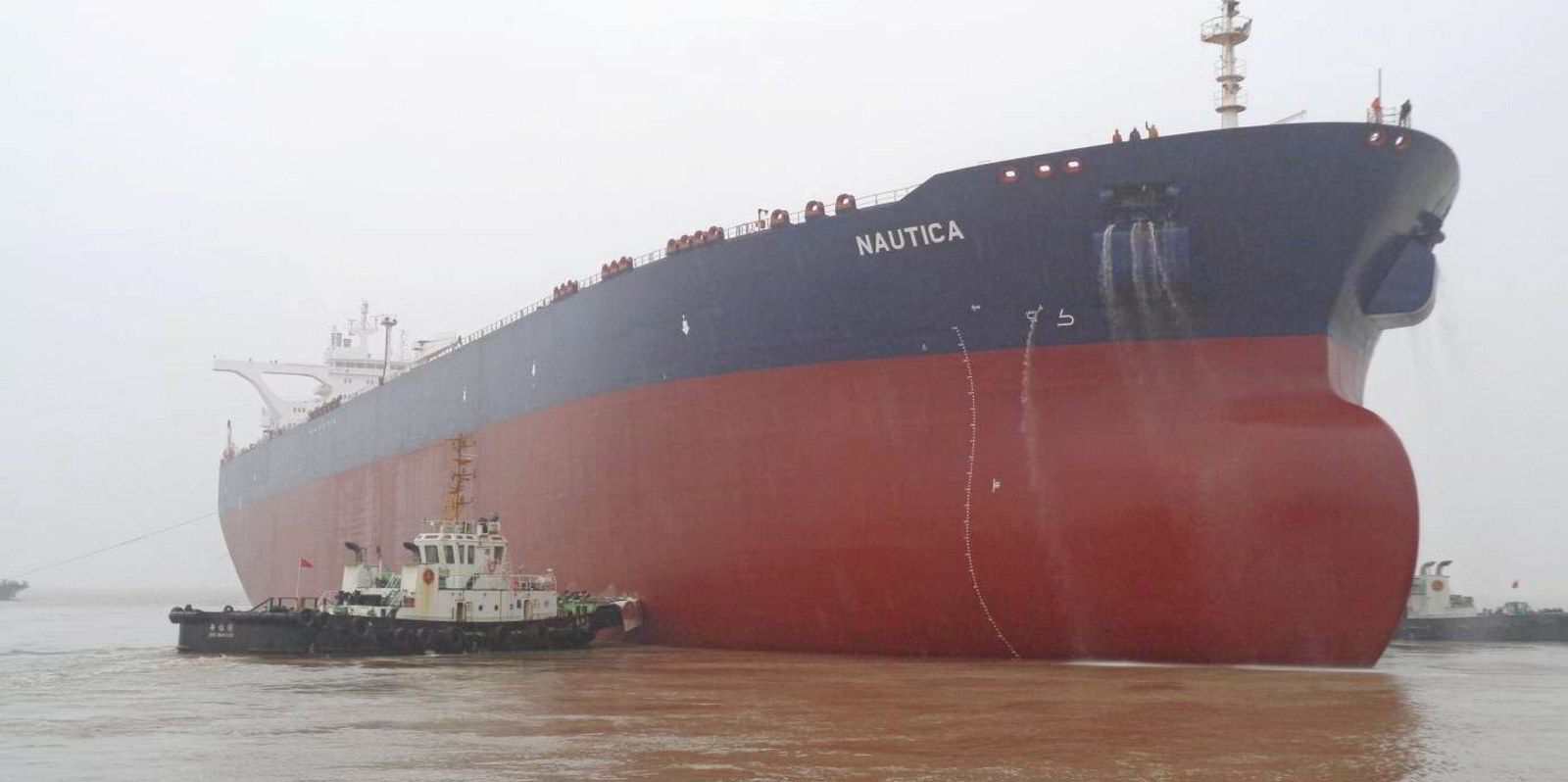
He said the operation follows a proposal that was made in 2020, a reflection of the speed of action at the UN. But the world is different than it was in 2023, and he would like to see more maritime safety expertise brought to the table to ensure the plan goes off successfully, preventing a catastrophic oil spill.
Back in 2020, the Houthis were aggressively pursuing control of Marib, a city with a refinery at the other end of the pipeline that connects to the Safer. Now, a truce has held for more than a year.
Get the oil out
For Ralby, that is an opportunity to get the oil out of the equation altogether, rather than keeping it off Yemen in the Nautica.
“The fighting is stopped. We have a much more calm and level headed moment overall. I wouldn’t say that things are in any way resolved, but they’re not quite as hot and hostile as they were,” he said, noting that selling the oil will be more profitable than in 2020.
“At a time when oil futures were negative and fighting was hot in Yemen, switching it to a seaworthy tanker and leaving it there made sense. Now, it does not.”
Ralby believes keeping a tanker off Yemen’s coast leaves it vulnerable to a drone attack.
But Gressley said keeping the ship safe is not a major problem in the current climate. Yemen’s internationally recognised government, currently headquartered in Aden, has given the operation full support, including a $5m contribution. And even before the truce, the Saudi coalition backing the Houthi rebels was committed not to attacking the area.
“There is no military activity going on, and there’s certainly no airstrikes, so there really isn’t a direct security threat to the operation in that area,” he said, noting that sea mines are a concern but local authorities know where they are. “Everybody wants this done, because it hurts everybody if it spills.”
